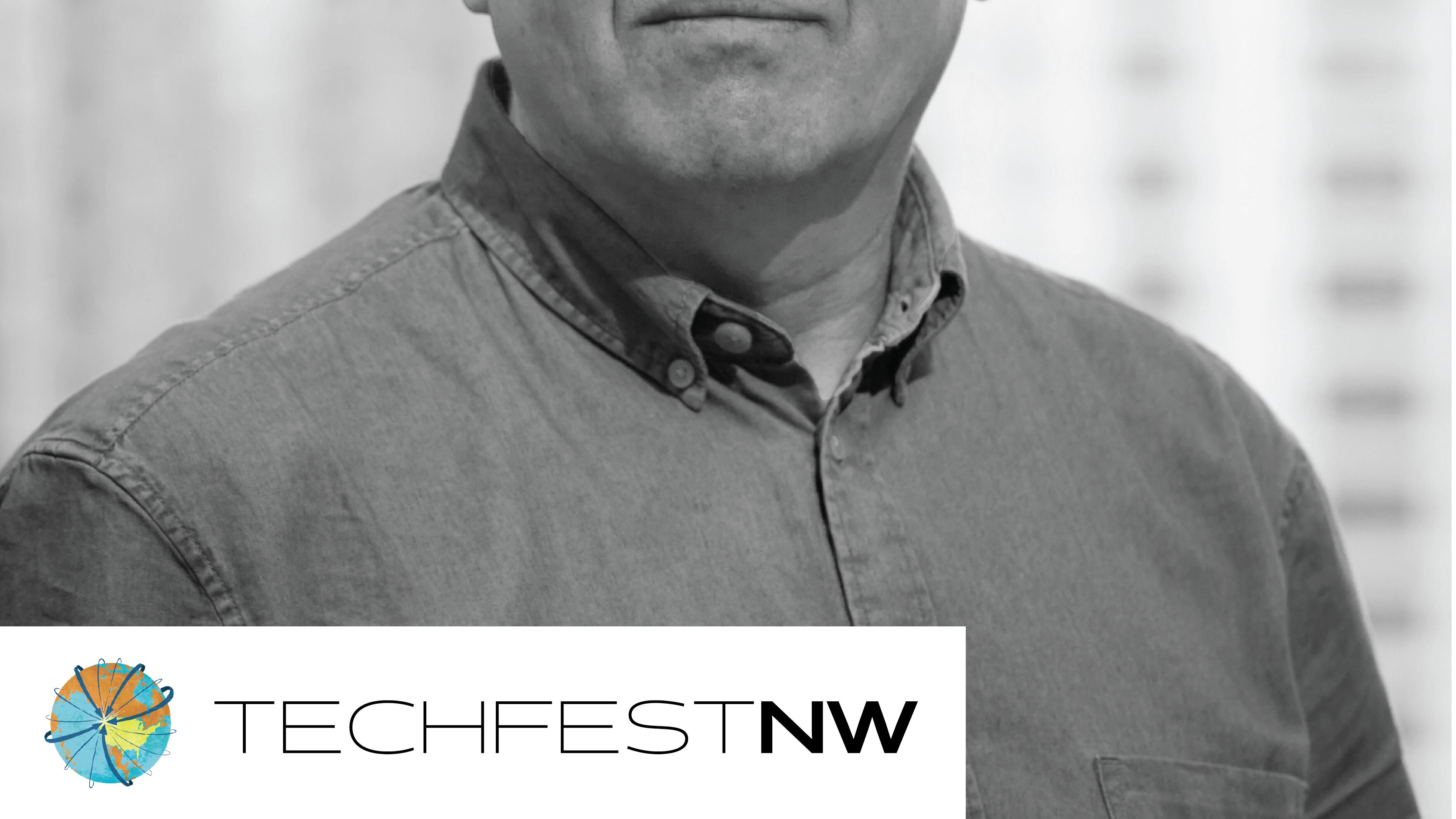Shoukhrat Mitalipov, the director of the OHSU Center for Embryonic Cell and Gene Therapy, is challenging what has long thought to be an immutable fact—that DNA is destiny.
Last year, using a gene-splicing technology called CRISPR he announced a remarkable breakthrough—his team was able to edit the genes of human embryos, the first successful attempt in the U.S.
The work is controversial; Some fear that using gene editing tools like CRISPR [Clustered Regularly Interspaced Short Palindromic Repeats] opens the door to "designer" babies. But according to Mitalipov "Our work creates hope for millions of people suffering from inherited diseases who worry about passing it on to their children," he wrote in an email. "Treatment options are limited or nonexistent for many of these conditions. We now have a chance to prevent disease at the earliest possible stage of life."
Besides, he adds, "Even if we knew the combination of hundreds or thousands of genes responsible for things like eye color or intelligence — we don't — we are determined to spend our time and energy to prevent disease and suffering, not to chase after theoretical enhancements."
In the U.S., his research is constrained by "regulatory complications," Mitalipov notes, that may be leading to "a loss for American innovation and leadership."
"The National Institutes of Health won't fund these areas of research so we must rely largely on philanthropy to do the basic science to test safety and effectiveness. And should our work advance to the point that it's ready to try in people, Congress has blocked the FDA from providing oversight for clinical trials in the United States."
At TechfestNW, Mitalipov says he'll discuss his work, the controversy around it and the vanguard of new approaches to gene editing, some of which are are already being used overseas."
With all his specialized knowledge, when asked about his favorite book, podcast, blog or website, Mitalipov gives a mainstream fave the nod.
"My wife and I love watching PBS, especially shows about science and technology, like NOVA."
